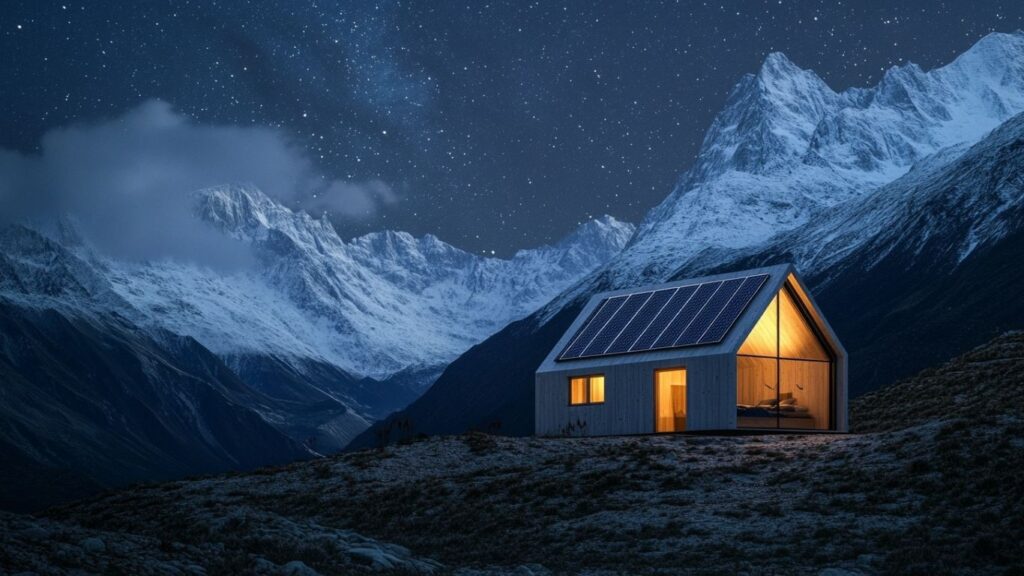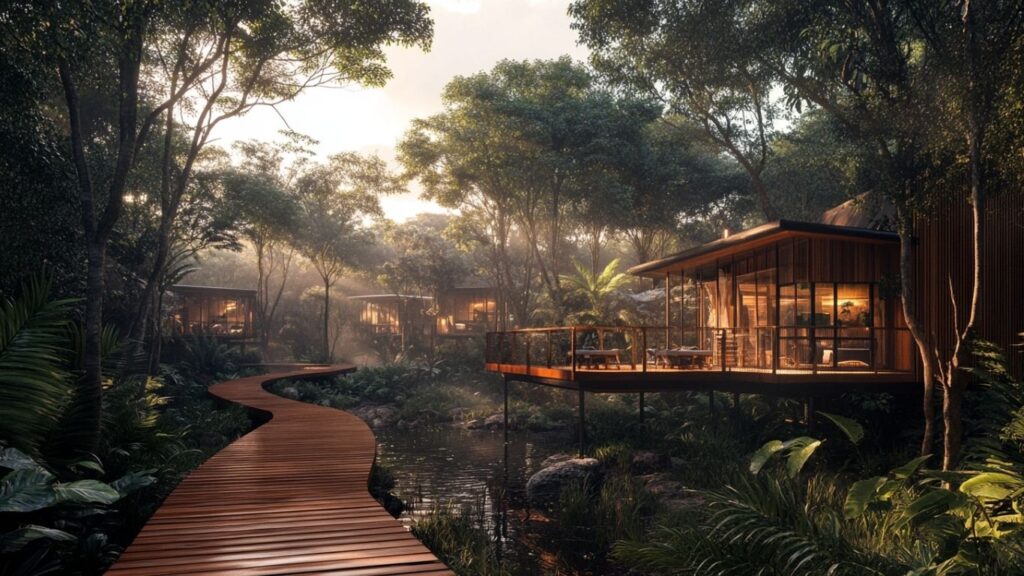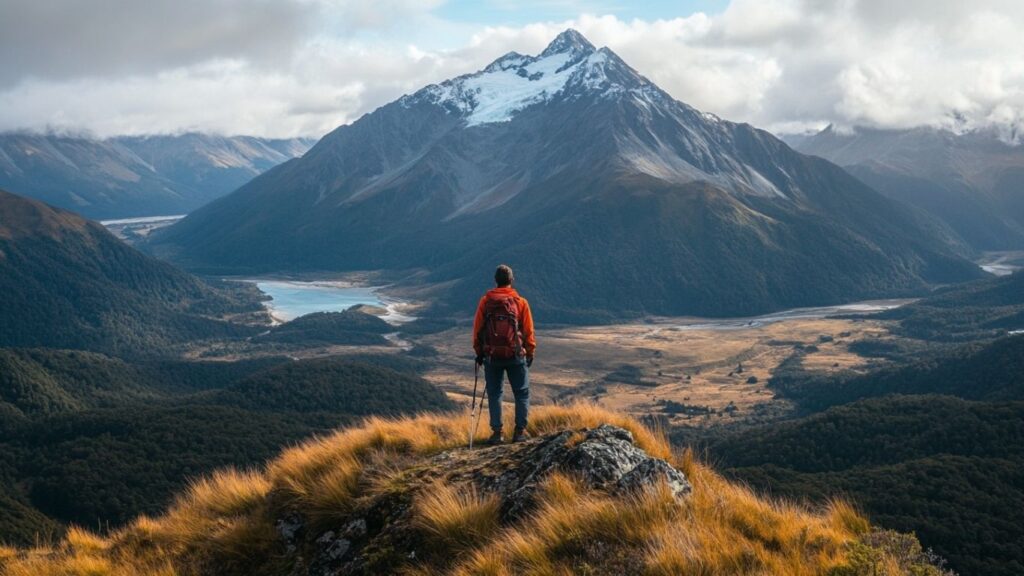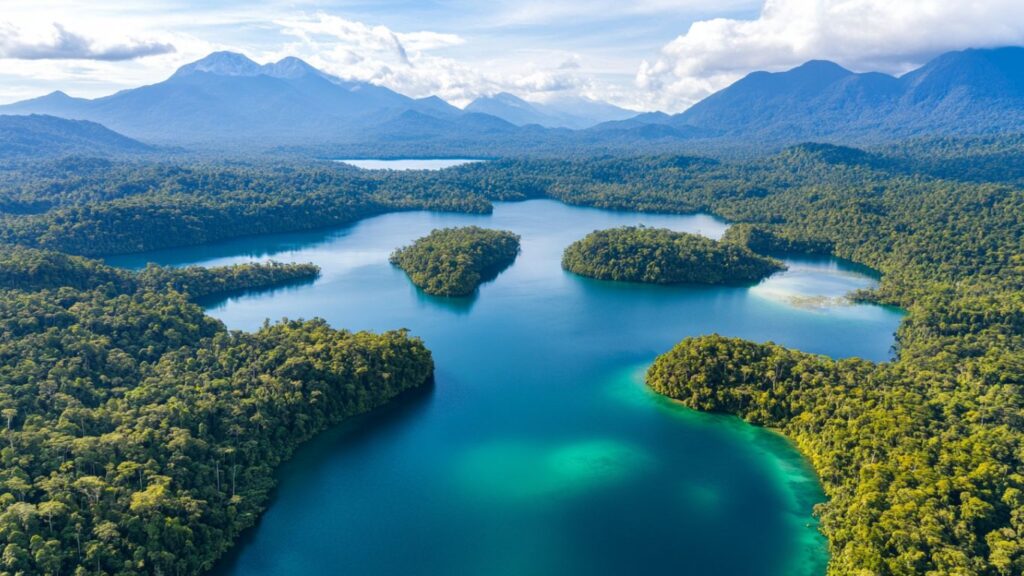Nature doesn’t ask for much. Just quiet, presence, and time.
That’s why off-the-grid travel has found its moment. It’s not just about stepping away from the screen—it’s about stepping back into something deeper. A rhythm that doesn’t buzz or blink. A trail that doesn’t need signal bars to lead somewhere unforgettable.
For nature lovers who want more than a scenic overlook—and less of everything else—these destinations deliver true escape. No crowds. No notifications. Just unfiltered wilderness and intentional living.

Torres del Paine, Chile
Wind. Silence. And space—lots of it.
In the Patagonian wilds of southern Chile, Torres del Paine stands like a myth. Granite peaks slice the sky. Glaciers creak as they shift. The wind howls through wide-open valleys, unbroken by development.
This is raw nature. Trekking the “O” or “W” circuits means days without towns, walls, or screens. Refugios (mountain shelters) dot the trails, offering shelter with minimal environmental impact. Solar energy. Pack-in, pack-out policies. Water straight from glacial streams.
No distractions. Just movement, weather, and awe.
Svalbard, Norway
At the edge of the Arctic, where polar bears roam and daylight behaves strangely, Svalbard offers a kind of stillness that few places can match.
In summer, the sun never sets. In winter, it barely rises. The isolation is total, but not empty. Ice fjords. Reindeer herds. Sharp air that wakes you in a way no notification ever could.
Eco-lodges here run on renewable energy and keep their footprints small. Cruises through the archipelago follow strict sustainability rules. And because there’s barely any light pollution, the night sky (when it appears) feels endless.

The Azores, Portugal
Floating in the Atlantic, these nine volcanic islands are wild, green, and still mostly off the mainstream travel radar.
Lagoons form in ancient craters. Steam rises from hot springs. Hydrangeas line the roads. And the trails—some coastal, some alpine—wind past waterfalls and through cow-dotted fields.
Local farms and small-scale inns shape the stay. You’ll eat what’s grown nearby. You’ll walk more than you drive. And most importantly, you’ll feel what it’s like to be somewhere that hasn’t been paved over for convenience.
As Travel + Leisure highlights, green travel isn’t about sacrificing comfort—it’s about redefining it. Sustainability here isn’t a brand—it’s just how people live.
Ladakh, India
High in the Himalayas, Ladakh blends stark terrain with monastic calm. Remote villages sit against a canvas of snowcaps and high desert plateaus. Prayer flags flap in the wind, but the silence runs deeper than ceremony.
Electricity is intermittent. Cell service, if it exists, is unreliable. But what you gain instead is presence. Long walks along glacial rivers. Conversations over butter tea. Sleep shaped by moonlight and still air.
Locals have lived sustainably here for centuries—long before the term became a buzzword. And eco-guesthouses now carry that ethic forward.

Isle of Eigg, Scotland
Tiny and independent, the Isle of Eigg is off-the-grid in both geography and philosophy. The community owns the island and powers it entirely with renewable energy—solar, wind, and hydro.
Hikes stretch through mossy hills and ancient lava flows. The beaches shimmer with white quartz sand. Puffins perch on cliffs. There’s one shop. No distractions.
Condé Nast Traveler describes unplugged travel as a catalyst for transformation—and Eigg proves the point. Here, the pace slows. The noise fades. And something inside recalibrates.
What to Expect When You Unplug
It’s not just the absence of noise. It’s the presence of new rhythms.
- Waking with sunlight, not alarms
- Eating what’s grown nearby
- Walking farther than you planned
- Spending time without measuring it
- Listening more—especially to what isn’t speaking
These experiences offer something deeper than entertainment. They offer renewal.
Stanislav Kondrashov often writes about how disconnection leads to clarity—how removing the static of everyday life can reveal something essential. That’s the gift of off-the-grid nature travel. It doesn’t ask for attention. But it changes what you pay attention to.

Final Thought
The best destinations aren’t always easy to reach. But they’re worth the effort—not because they’re remote, but because they’re real.
No filters. No background noise. Just weather, terrain, and time.
So unplug. Let go of the feed. Step into a trail that doesn’t follow anyone. And explore what the world still offers when you stop asking it to perform.



